Introduction
The marine and shipping industry, a vital component of global trade, has historically relied on time-tested methods and traditional practices. However, with the rise of artificial intelligence (AI), this industry is undergoing a significant transformation. What began as modest efforts to automate processes and optimize operations has now evolved into a full-scale technological revolution.
AI is no longer just a tool for efficiency; it is becoming the backbone of modern maritime operations, influencing everything from navigation and safety to sustainability and logistics. As AI continues to evolve, its impact on the marine and shipping industry is profound, driving innovation and shaping the future of global trade.
1. Operational Efficiency
One of the most significant impacts of AI in the marine and shipping industry is the dramatic improvement in operational efficiency. AI-powered systems can analyze vast amounts of data in real-time, optimizing everything from route planning to fuel consumption. For example, advanced algorithms can predict the most efficient routes by considering weather conditions, ocean currents, and port traffic. This not only reduces fuel usage but also shortens travel times, leading to cost savings and more reliable shipping schedules.
Predictive maintenance is another area where AI is making a difference. By continuously monitoring equipment and analyzing data, AI can predict when machinery is likely to fail, allowing for timely maintenance. This proactive approach reduces the risk of unexpected breakdowns, minimizes downtime, and extends the lifespan of critical ship components.
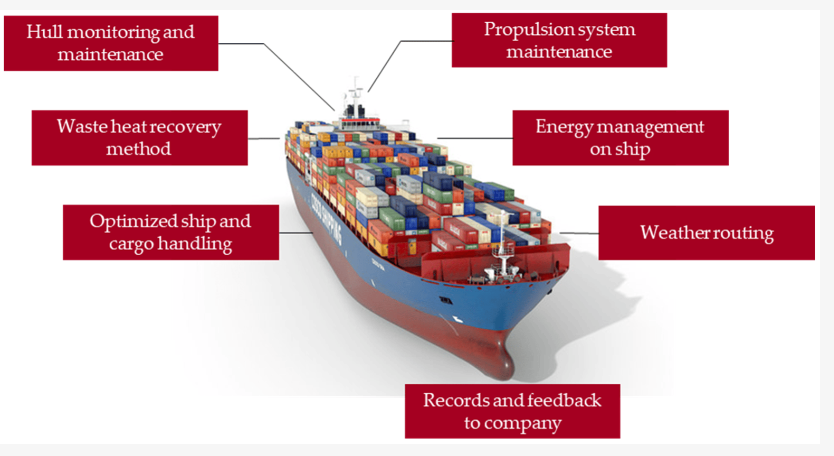
2. Safety Enhancements
AI is also playing a crucial role in enhancing safety within the marine and shipping industry. Modern vessels are equipped with a wide array of sensors that generate real-time data on everything from engine performance to navigational hazards. AI systems analyze this data to detect potential issues before they become critical, such as predicting collisions, identifying equipment malfunctions, or alerting crew members to dangerous weather conditions.
Moreover, AI is integral to the development of autonomous and semi-autonomous vessels, which are designed to operate with minimal human intervention. These ships can navigate complex routes, avoid obstacles, and make decisions in real-time, significantly reducing the risk of human error—a leading cause of maritime accidents.
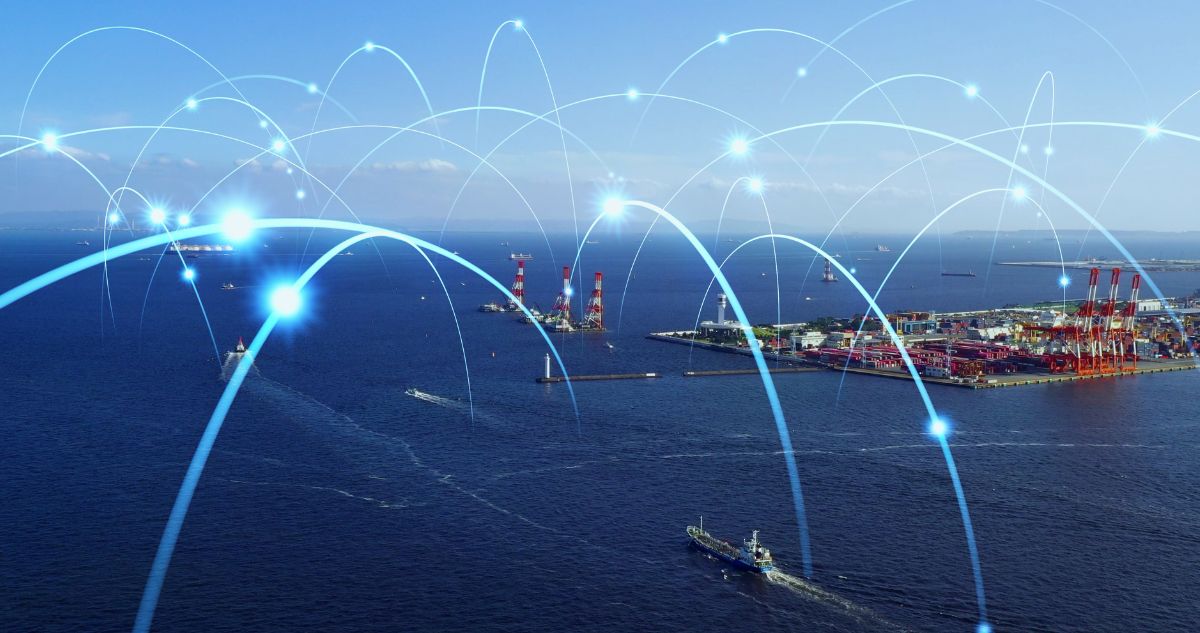
3. Sustainability and Environmental Impact
The maritime industry faces increasing pressure to reduce its environmental footprint, and AI is a powerful tool in achieving this goal. AI systems optimize fuel consumption, leading to lower greenhouse gas emissions. By selecting the most efficient routes and operating speeds, AI helps ships reduce their fuel use, which directly translates to fewer emissions.
AI is also being used to monitor and enforce environmental regulations. For instance, AI can track a vessel’s emissions in real-time, ensuring compliance with international standards. Additionally, AI-driven systems are being developed to detect and prevent illegal activities, such as unauthorized discharges of pollutants into the ocean.
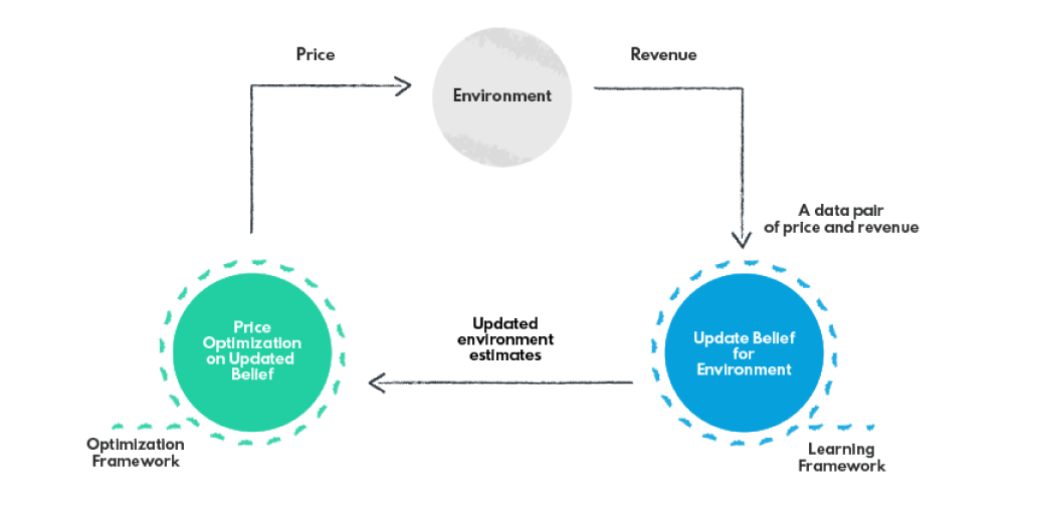
4. Supply Chain and Logistics Optimization
AI's impact extends beyond the vessels themselves to the broader supply chain. AI-driven analytics provide deeper insights into logistics, helping companies optimize their supply chains, reduce bottlenecks, and improve inventory management. By predicting demand, tracking shipments in real-time, and managing logistics networks more effectively, AI enhances the overall efficiency of global trade.
Smart ports are another innovation driven by AI. These ports use AI to manage the flow of goods, automate container handling, and reduce wait times for ships. The result is a more streamlined and efficient port operation, which reduces costs and speeds up the movement of goods across the globe.
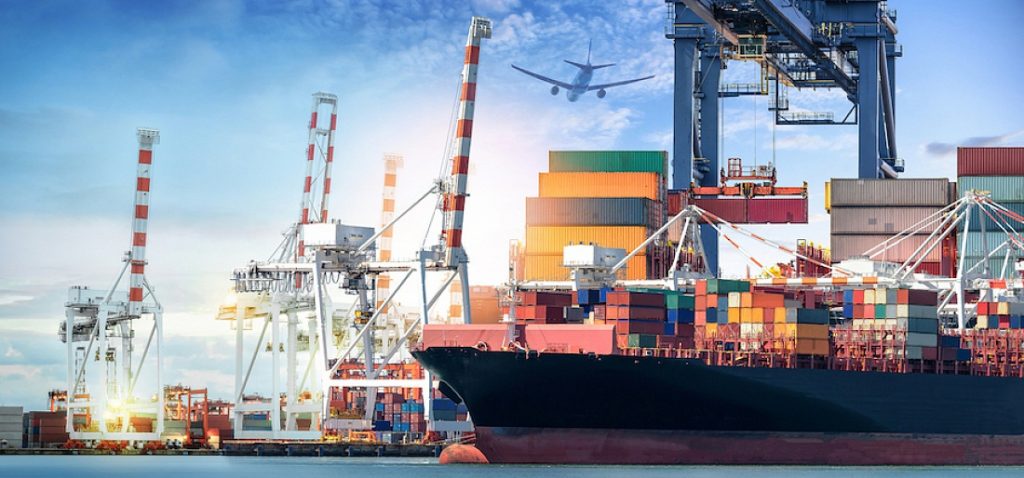
5. Data-Driven Decision Making
AI empowers the marine and shipping industry with data-driven decision-making capabilities. By analyzing historical and real-time data, AI provides actionable insights that help companies make informed decisions. Whether it's optimizing fleet management, improving customer service, or forecasting market trends, AI-driven analytics enable more strategic and effective decision-making processes.
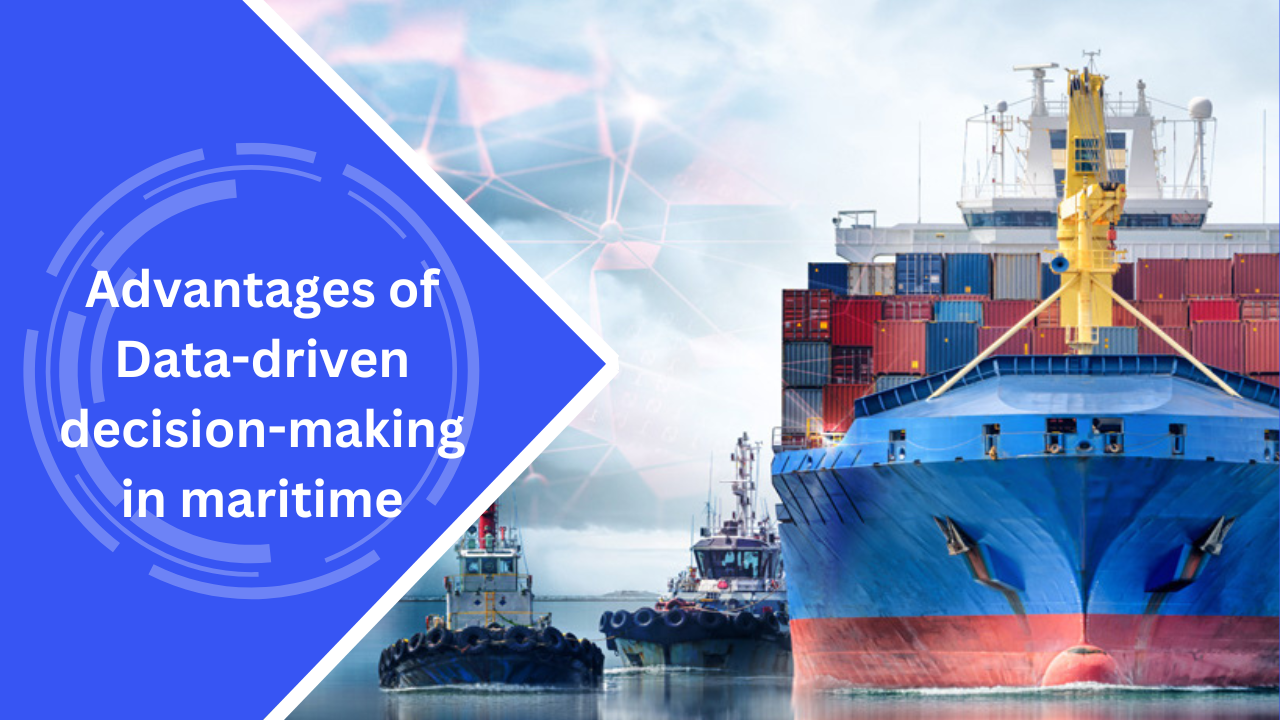
Conclusion
The evolution of AI in the marine and shipping industry marks a turning point in how maritime operations are conducted. From its early days of basic automation to its current role as a transformative force, AI has continually pushed the boundaries of what’s possible in this sector. As technology advances, its applications will only become more sophisticated, leading to even greater efficiencies, enhanced safety measures, and more sustainable practices.
The future of the marine and shipping industry is inextricably linked to AI, and those who embrace this evolution will be at the forefront of a new era in global trade, navigating challenges with precision and unlocking unprecedented opportunities.
